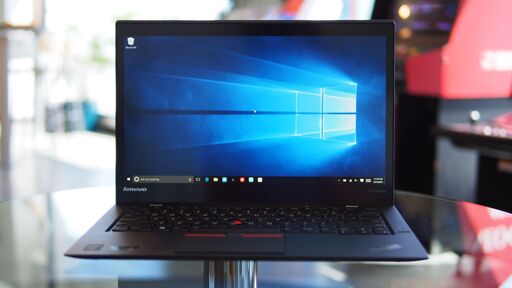Defra’s overall investment totaled £312 million during the current spending review cycle and was intended to remove outdated platforms, retiring Windows 7 hardware and supporting essential national services, including flood systems and border operations.
According to Defra’s submission to Parliament, the program eliminated more than 31,000 legacy laptops, addresses a large backlog of vulnerabilities, and even closed one data center, with several more set for decommissioning over the coming years.
Defra did not confirm whether it intends to pay Microsoft for extended support, leaving open the possibility that the department’s refreshed estate may soon fall behind again.



They probably have some custom made applications on at least some of those machines and after the vendor went out of business it took a while to get them updated, revalidated or whatever the IT policy says.
Or SAP
Yeah that’s usually how out goes. Lots of MRIs are running windows XP or probably windows 7 for example. We had a student report card system until maybe two years ago that was written in FileMaker and the person who developed it had died maybe a decade ago. Transitioning to a new system was basically impossible due to staffing issues and how many people we would need to consult and interface with to make the change. The level of impact of the change was often more severe then changing the thing itself.
So I definitely understand how that happens.
This stuff is inconsequential in the grand scheme of things. These are appliances, not workstations. They should have no custom software installed on them that the manufacturer didn’t put there. There are IT implications involved with running embedded systems based on obsolete operating systems software, but there is nothing you can do about these systems as an end user besides isolating them to their own highly restricted subnet.
The story is exactly the same in manufacturing. There is a lot of CNC machinery based on unsupported versions of Windows. You’re not getting service from Microsoft, and the only good thing your IT department can do with these machines is create a back-up image of the hard drives and whatever floppy disks / CD ROMs they find inside the electrical cabinet. If you actually wipe the thing and re-install Windows from scratch (let alone anything else), it will never work again unless you fly a service technician out for a full week. The configuration of these machines is very fragile, based on top of a ton of undocumented in-house drivers for hardware which isn’t even available on the open market, and a lot of settings which need to be adjusted based on which motor they happened to have in the warehouse in the particular month it was assembled.
This kind of machinery has nothing to do with what operating system or productivity software is used throughout the office.
I can relate to the FileMaker thing though. This is exactly what the company I work at is doing. They’ve got something like 30 internal applications based on it and an expensive ERP system and for better or worse it will be around until the company goes under. Lord knows why they didn’t just use a Postgres database. They’re paying multiple salaried in-house software developers anyway. They would have saved literally millions of dollars in licensing.